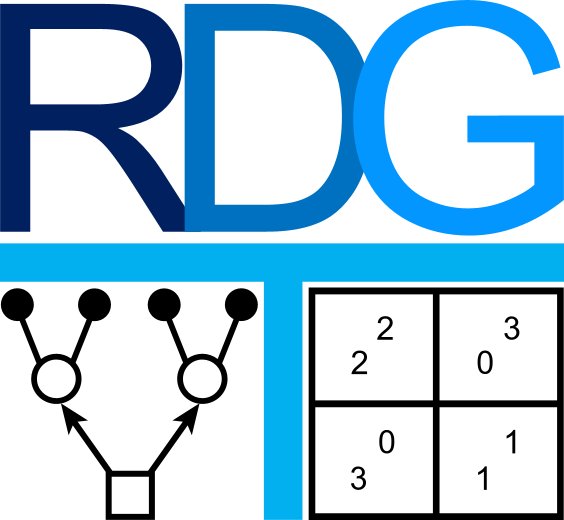
Reflexive Decision & Game Theory
Summary
The Koselleck project explores reflexive decision and game theory. Standard decision and game theory distinguish only chance nodes (moves by nature) and action nodes (possible actions of the agent or player, usually and confusingly called decision nodes). The reflexive extensions additionally distinguish genuine decision nodes referring to possible decision situations (decision or game trees plus probability and utility functions) the agent may be in or come to be in. Thus, these decision nodes generate a rich recursive structure. This structure is required, though. Surely, we agents not only rationally act within a given decision situation, but are also able to reflect on the possible situations which might be ours and thus about what determines or causes our actions. And clearly, such reflection is important for rational decision making.
The reflexive extension allows for a general account of anticipatory rationality, i.e., of how to rationally behave in view of arbitrary envisaged changes in one's decision situation (so far incomepletely treated under the labels “strategic rationality” and “endogenous preference change”). The extension also allows us to account for what is called sensitive rationality, which considers a so far largely neglected point, namely the fact that being in a certain situation not only causes the pertinent rational action, but may have side effects as well (as exemplified in the Toxin puzzle). This fact is ubiquitous in social settings, and it is highly decision relevant and can obviously be accounted for only in the reflexive perspective. Moreover, the extension also allows us to respect the point that it is a matter of our decision when to decide about a certain issue, e.g., whether to commit early or to decide as late as possible. This leads to an account of so-called commissive rationality possibly rationalizing our inclination to commit ourselves. Finally, in the game theoretic extension suggested by the phenomenon of sensitive rationality, the reflexive perspective leads to a new equilibrium concept called dependency equilibria, which, e.g., allows a rationalization of cooperation in the one-shot prisoners' dilemma and promises a kind of unification of noncooperative and cooperative game theory.
A more detailed outline may be found here.
Project Leader: Prof. Dr. Wolfgang Spohn
Collaborators: Dr. Gerard Rothfus, Dr. Mantas Radzvilas
Associates: Dr. Irem Portakal, Prof. Dr. Bernd Sturmfels
